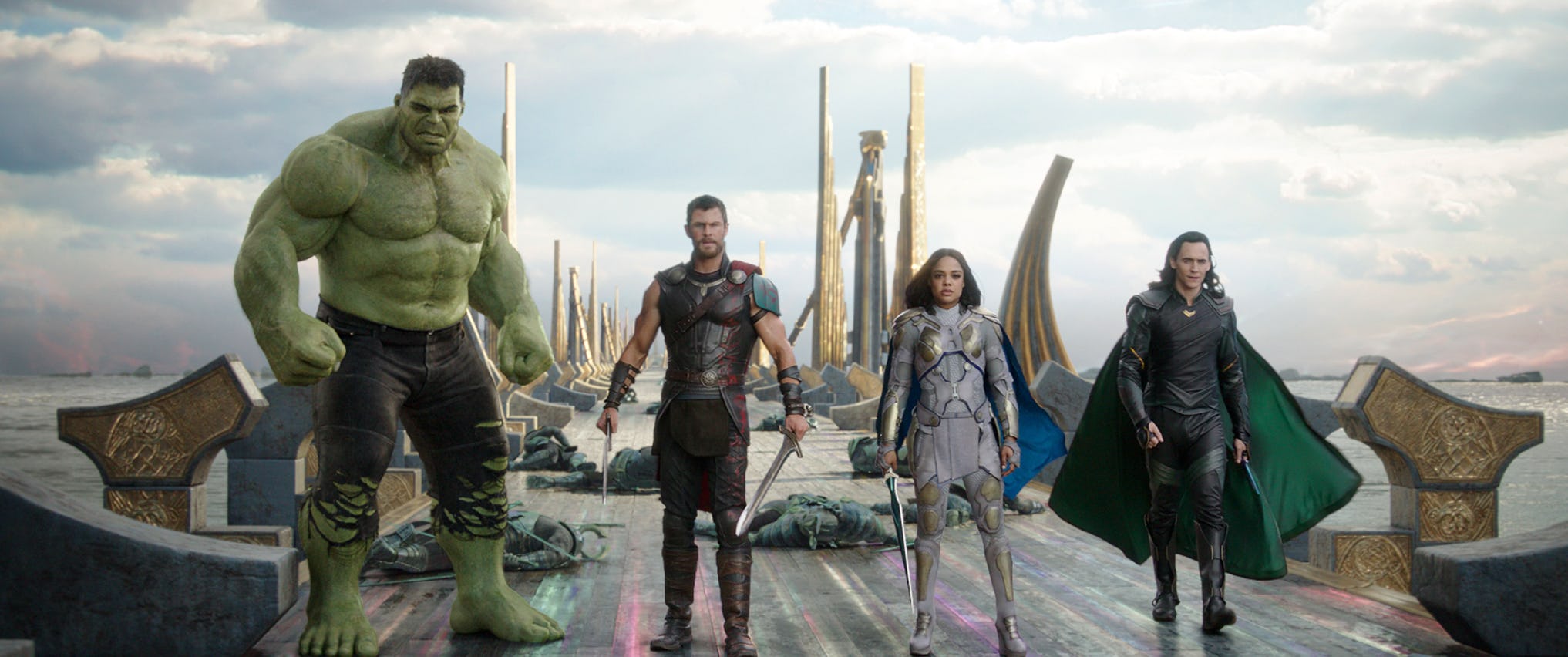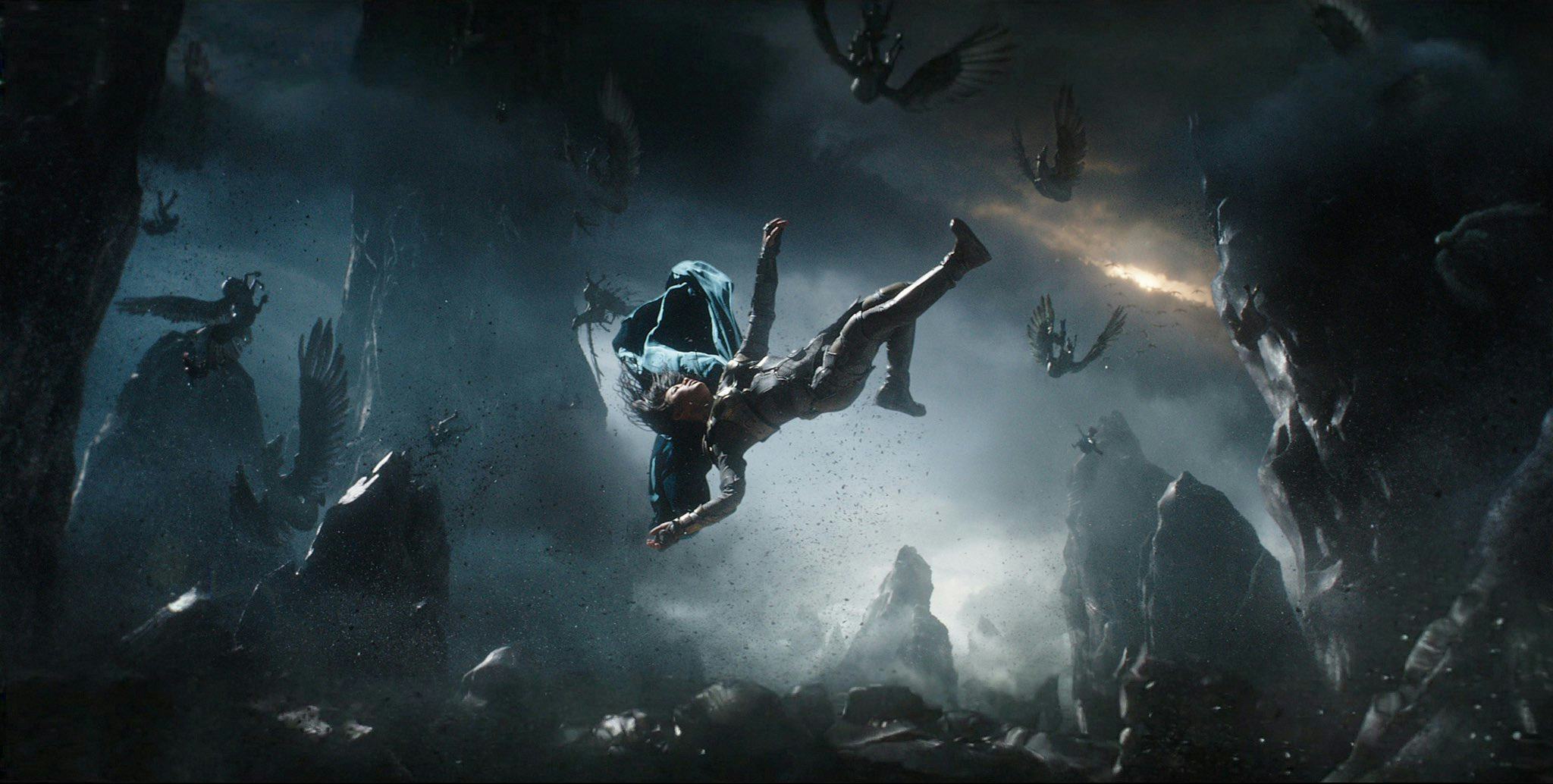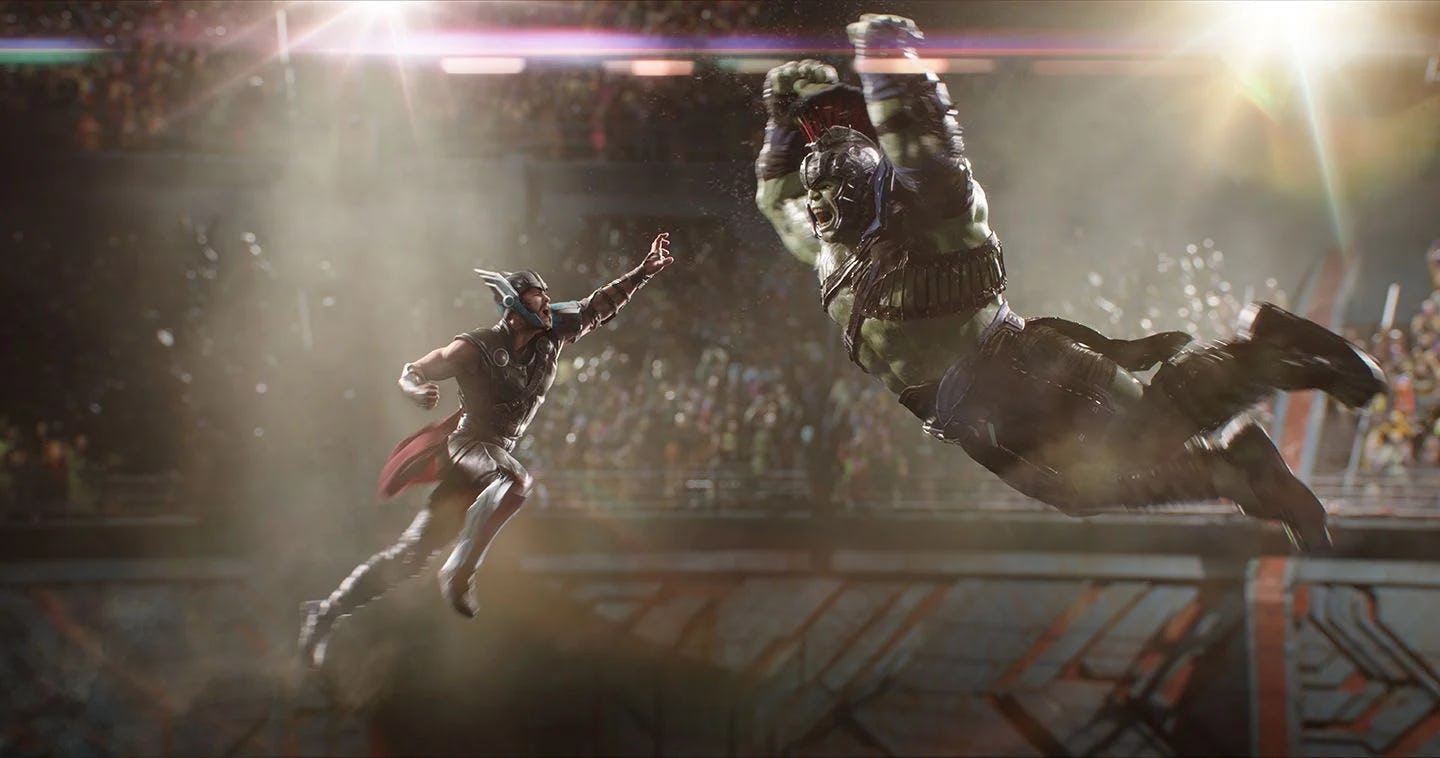
When it was still in its first phase, the interconnectivity and unabashedly bright tone of the Marvel Cinematic Universe made it feel unique. However, it wasn’t long after The Avengers established the MCU as one of Hollywood’s dominant franchises that criticisms about its one-size-fits-all approach to filmmaking began to surface. In the years since those criticisms have only become louder and harder to ignore (even as box office sales continue to grow).
It’s not hard to see why. Many of the MCU’s early titles were shaped to fit the same sarcastic, self-aware attitude that launched The Avengers writer and director Joss Whedon’s career. After Whedon’s humorous but loving approach to superhero stories helped turn the epic ensemble into one of the biggest films of all time, Marvel understandably spent years forcibly injecting his sensibilities into nearly every one of its subsequent movies.
It didn’t take long for that approach to grow old, especially when it was applied to films like Doctor Strange, which suffered from ill-fitting humor. Filmmakers like James Gunn and the Russo Brothers were able to make their Marvel outings feel unique even within the MCU’s framework, but the franchise was still beginning to grow same-y. However, when Taika Waititi directed Thor: Ragnarok it felt like the MCU’s tired, Whedon-inspired sense of humor was finally reshaped.
Ragnarok was universally well-received after its release on November 3, 2017. Five years later, it remains one of the most beloved and acclaimed films Marvel Studios has ever produced. What made it work?
The film’s unique style, featuring an array of CGI-driven effects, painterly compositions, and 1980s-inspired color palate, is undoubtedly part of why Ragnarok stands out. While the film’s use of well-known pop and rock songs feels partly indebted to James Gunn, Ragnarok’s use of Led Zepplin’s “Immigrant Song” during its climax still ranks as one of the best needle drops in superhero movie history.
Like much of Ragnarok, the song’s inclusion works on both a thematic and visceral level, which makes it feel like the result of a cohesive, unbroken artistic vision. The same can be said for the movie’s pace and story, which adopts the same nonchalant, almost lackadaisical approach to plotting typical of Waititi’s films. In a genre that so often depends on MacGuffins and overly convoluted narratives, Ragnarok’s decision to prioritize its themes over its plot helped it stand out from the rest of the MCU.
But while these are all positives, they don’t really explain why Ragnarok felt like such a recalibration of the MCU’s brand.

There’s an earnest playfulness in Thor: Ragnarok that separates it from so many of the MCU’s other entries. The film is undeniably tongue-in-cheek and self-referential, but it lacks the snarky, smarmy edge that had become the MCU’s calling card. Films like The Avengers and Doctor Strange not only want the audience to know that they’re in on the joke, but they also want to come across as being better than the cliches and tropes they’re lampooning (and leaning on).
As a result, there’s an air of smug superiority in several MCU films that’s only digestible in small doses. Conversely, while Thor: Ragnarok is quick to let viewers know that it’s in on the joke, there’s no sense of shame or arrogance. Instead, there’s a joyful and unabashed embrace of the MCU’s inherent silliness.
From the film’s Matt Damon-led recreation of Thor: The Dark World’s ending to Chris Hemsworth’s opening narration, Ragnarok manages to strike a difficult balance of tongue-in-cheek and sincere. In doing so, it proved that Marvel could continue to produce lighthearted superhero fare without having to always rely on the same bag of comedic and tonal tricks it first employed in 2010.

It’s easy to forget now, especially after the middling Thor: Love and Thunder, just how much of a breath of fresh air Thor: Ragnarok was. That Waititi’s own style has already gone stale is further proof of how profoundly he reset the MCU with Ragnarok.
Five years and who-knows-how-many Korg cameos later, Ragnarok’s sense of humor was bound to feel less original today than it did back in 2017. Love and Thunder’s failure to replicate Ragnarok’s success proves just how important it is for the MCU to continue reinventing itself on a regular basis, rather than just once or twice a decade.
To do so, Marvel must remain open to diverse perspectives and talents. Think of Waititi what you will, but in 2017 he managed to do what few other filmmakers have: He reinvented the MCU’s brand without breaking it.
Thor: Ragnarok is available to stream now on Disney+.







